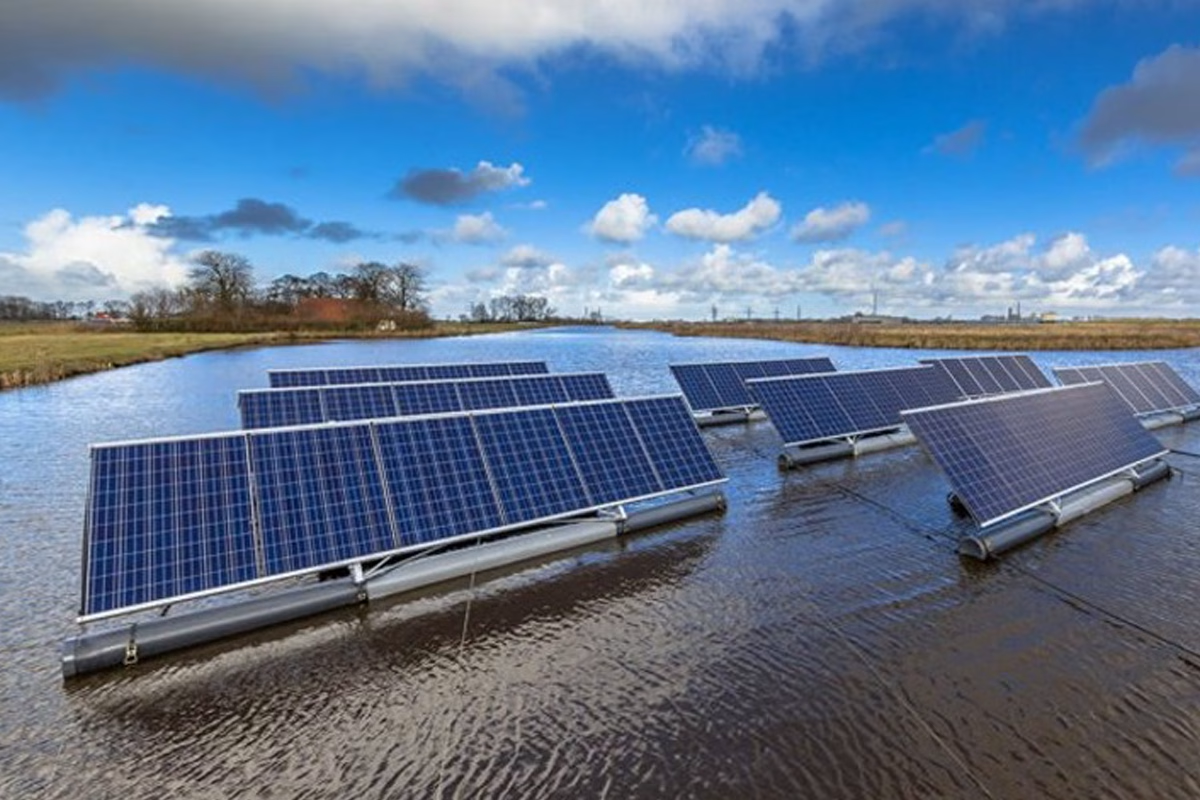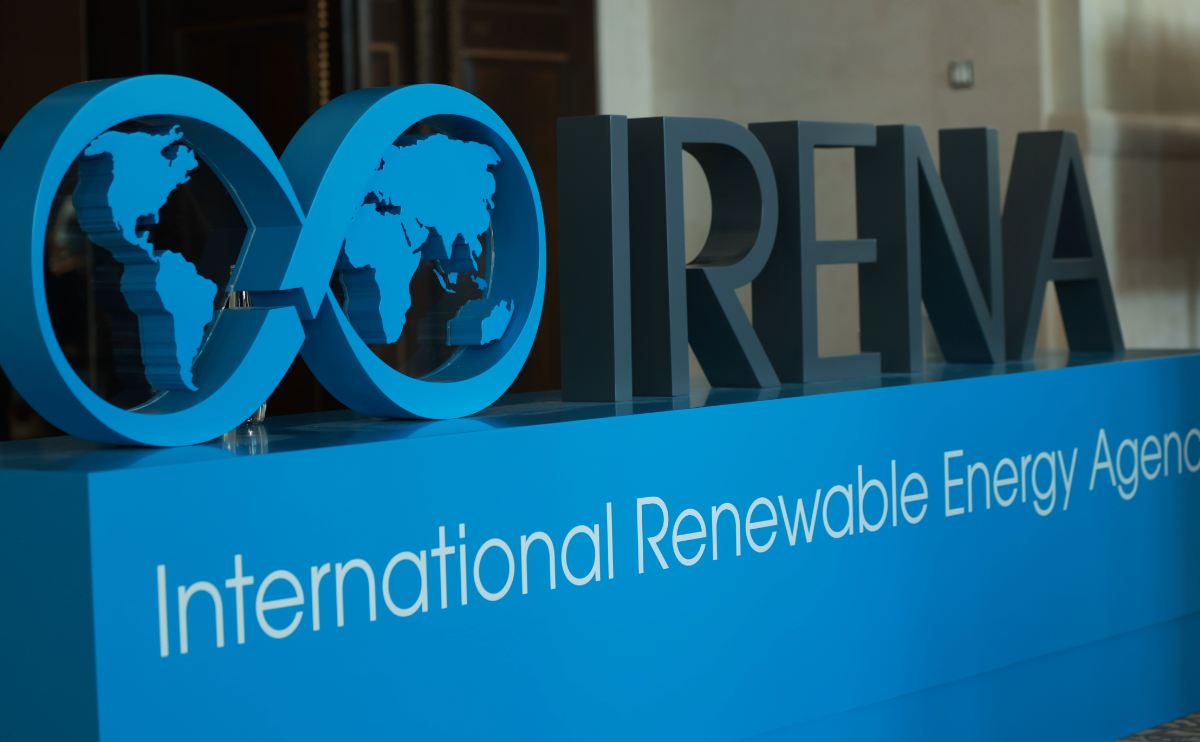
Experts Call for Energy Transition Framework in Pakistan to Support Phased Retirement of Coal Plants
December 23, 2024
Qatar threatens to halt gas exports to EU over new sustainability legislation
December 23, 2024Pakistan has put on hold a $300 million floating solar power project, originally intended to generate 300 megawatts (MW) of electricity, citing the need to reassess its long-term energy strategy. The project, which could have reduced reliance on costly thermal power, was excluded from the 2024-2034 Indicative Generation Capacity Expansion Plan (IGCEP) by the Power Division. As a result, the government has asked the World Bank to pause preparations for the project.
Initially planned for installation on the water bodies of Tarbela and Ghazi Barotha hydropower plants, the solar facility was expected to be connected to the national grid by 2027. Feasibility studies in 2021 indicated the project’s potential for lower costs, requiring no new transmission lines, and providing cheaper electricity than 86 existing thermal plants.
Internal assessments projected annual savings of over $72 million in foreign exchange and a quick return on investment, with an economic rate of return (ERR) exceeding 42%, or 51% with environmental benefits. However, the Power Division raised concerns about the lack of a guaranteed power purchaser and challenges in aligning the project with existing power purchase agreements managed by the Central Power Purchasing Agency-Guarantee (CPPA-G).
Critics have suggested that vested interests in thermal fuel imports may have influenced the decision to halt the project. Despite a reduction in the project cost to $238 million, as informed by the Water and Power Development Authority (WAPDA), the Power Division decided against recommending the World Bank loan for its financing.
The suspension of the floating solar project could delay Pakistan’s renewable energy goals. It was expected to help phase out inefficient thermal plants, lower generation costs, and ease the country’s energy crisis. The Ministry of Energy defended the decision, explaining that ongoing sectoral transformations and updates to the IGCEP, including changes in seasonal demand and the rise of off-grid generation, necessitated a reevaluation of energy needs. The ministry emphasized that the project could be revived in the future once the necessary preparations are made.
This decision mirrors previous instances, such as after the 2022 floods, when projects were paused to address urgent reconstruction needs. The Ministry assured that the World Bank remains committed to supporting Pakistan’s renewable energy transition, and the floating solar project remains a viable option for the future.




